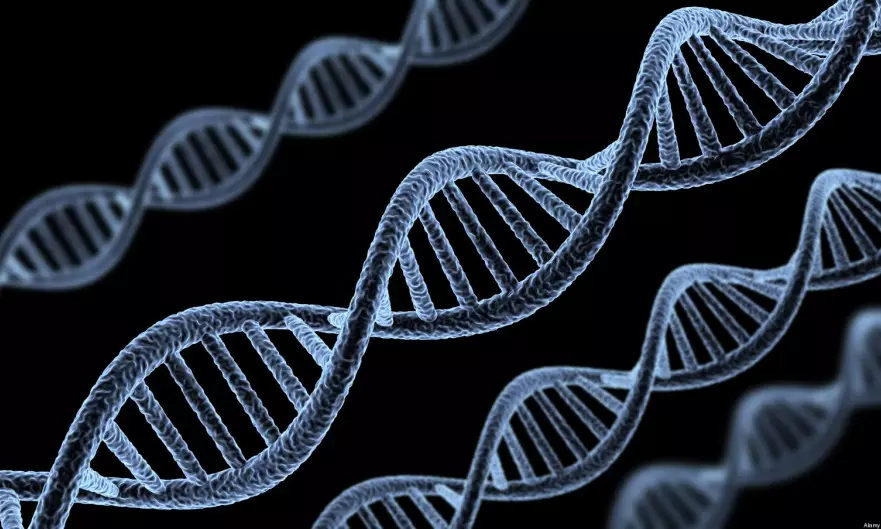
Genes for learning and memory date back 650 mn years ago
text_fieldsLondon: A group of scientists has made a significant discovery, revealing that the genes responsible for learning, memory, aggression and other complex behaviours originated around 650 million years ago.
The research sheds light on the evolutionary history of these crucial genes and their role in neural modulation.
"We've known for a long time that monoamines like serotonin, dopamine and adrenaline act as neuromodulators in the nervous system, playing a role in complex behaviour and functions like learning and memory, as well as processes such as sleep and feeding," said Dr Roberto Feuda, from the Neurogenetic group in the Department of Genetics and Genome Biology at University of Leicester in the UK.
"However, less certain was the origin of the genes required for the production, detection, and degradation of these monoamines," he said, in the study, published in the journal Nature Communications.
Using computational methods, the team reconstructed the evolutionary history of these genes and discovered that a majority of the genes involved in monoamine production, modulation, and reception originated in the bilaterian stem group.
"This finding has profound implications on the evolutionary origin of complex behaviours such as those modulated by monoamines we observe in humans and other animals, "Dr Feuda said.
The researchers propose that this new way of modulating neuronal circuits may have played a role in the Cambrian Explosion, a significant event that led to a vast diversification of life and the emergence of major animal groups we see today.
This flexibility in neural circuits allowed for enhanced interaction with the environment.
"This discovery will open new important research avenues that will clarify the origin of complex behaviours and if the same neurons modulate reward, addiction, aggression, feeding, and sleep," Dr Feuda said.
 Also Read:World record for largest breast milk donation; this super mom saves thousands of newborns worldwide
Also Read:World record for largest breast milk donation; this super mom saves thousands of newborns worldwide

















